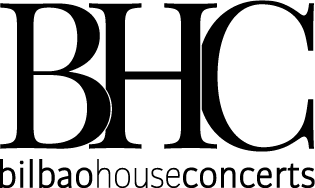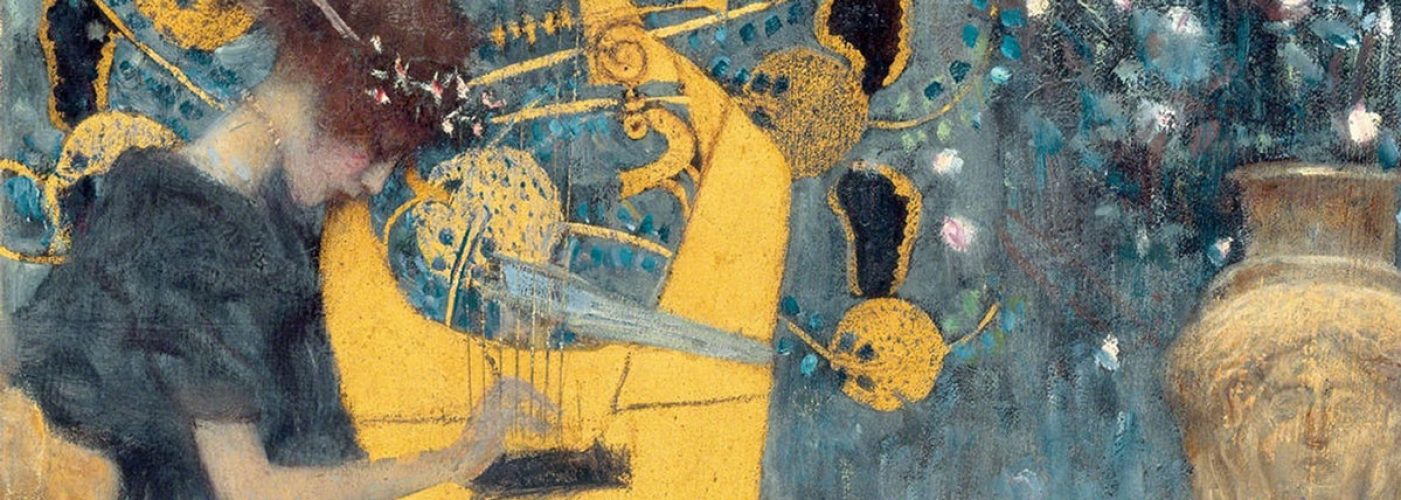For more than half a century, Vienna was a kaleidoscope of geniuses, the germ of new movements that radically and irreversibly changed European art and thought. All of Europe succumbed to its fascinating creative radiance.
Among them Gustav Mahler, musical universe of emotions and expressions:
“Tradition does not consist in worshiping the ashes of past greatness but in protecting the flame of creation that is what leads us forward”
Program:
Gustav Mahler
-Quartettsatz (Quartet movement with piano)
The empire of Francisco José:
Sissi empress or vulnerability
-Das Klagende lied (The Song of Lament)
Rodolfo and the Mayerling drama
The great buildings on the Ringstrasse, the World’s Fair and the Great Collapse
Strauss Waltzes and the Biedermeier
-Lieder aus der Jugendzeit (Youth songs)
The Rise of the Jews: Judaism and Anti-Semitism in Vienna.
Hans Makart and Gustav Klimt at the Burgtheater
-Lieder eines fahrenden Gesellen (Songs of a fellow traveler)
Otto Wagner: from the free Renaissance to the art of building. The White Villa: Steinhof
-Symphony nº1 “Titán”
Karl Kraus’s “The Torch” and “The Last Days of Humanity”
-Symphony nº2 “Resurrection”
Hugo Hofmannsthal: the prodigious poet
-Songs about “Des Knabern Wunderhorn”
La Sezession: “At each time his art and at each art his freedom”
–Symphony nº3
The Patrons: The Wittgenstein House
–Symphony nº4
Viennese coffee and postcards by Peter Altenberg
–Symphony nº5
Sigmund Freud
-Rückert lieder
The Secession of the Sezession: Gustav Klimt
–Symphony nº6 “Trágica”
The eroticism of Arthur Schnitzler
-Kindertotenlieder
Mahler and his Soul: Alma Schindler
–Symphony nº7 “Song of the nigh”
Egon Schiele
–Symphony nº8 “Symphony of a thousand”
Oskar Kokoschka
–Symphony nº9
The houses of Adolf Loos
Yesterday’s World and Stefan Zweig
-Das lied von der erde (The Song of the Earth)
Joseph Roth and “The Crypt of the Capuchins”
–Symphony nº10
Ludwig Wittgenstein’s House
Robert Musil and Elias Canetti
Rainer Maria Rilke “Letters to a young poet”
Freedom of the Spirit: Lou Andreas Salome and Loie Fuller
………
Epilogue
-The Second School of Vienna:
Arnold Schönberg’s Vienna
The idols of Alban and Helena Berg
Anton Webern
Classroom course:
10.00h: LAST SEATS
11.30h: SOLD OUT
Place: Yimby, Aurora Building (Playa Moyúa. Entrance through Ercilla street nº24. 1st floor)
Online course:
Thursday (10.00h) We will connect through Cisco Webex.



